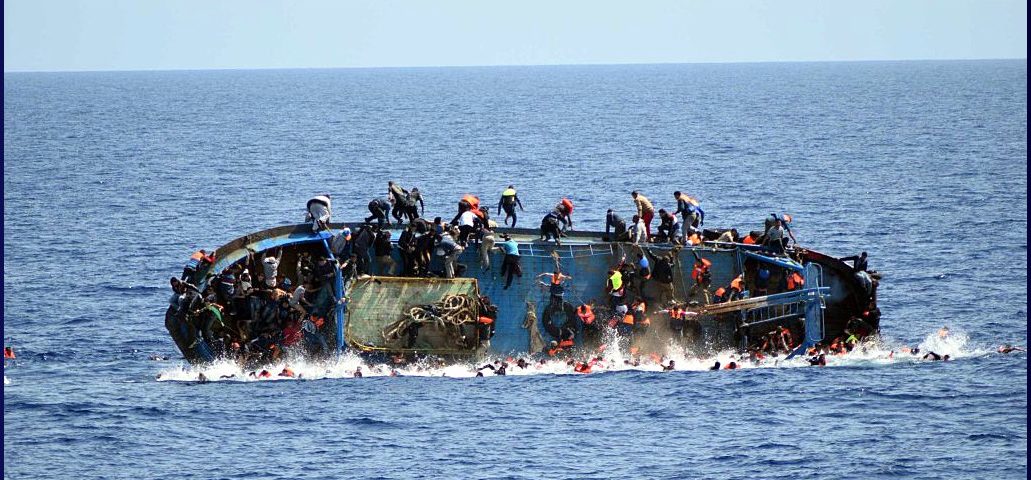by Manlio Dinucci, published on International Action Center, June 11, 2021
Published June 8 in Il Manifesto; translation by John Catalinotto.
The African Lion, the largest military exercise on the African Continent planned and led by the U.S. Army, began June 7. The exercise includes land, air and naval maneuvers in Morocco, Tunisia, Senegal and adjacent seas — from North Africa to West Africa, from the Mediterranean to the Atlantic.
With half of the 8,000 soldiers deployed coming from the United States, the exercise will deploy about 200 armored cars, self-propelled cannons, planes and warships. African Lion 21 is expected to cost $24 million and has particularly important implications.
This political move was fundamentally decided in Washington: The African exercise is taking place for the first time this year in Western Sahara. That means it’s in the territory of the Sahrawi Republic, recognized by over 80 U.N. states, and whose existence Morocco has denied and fought against by every means possible.
The Moroccan regime declared that by holding the exercise there, Washington recognizes Moroccan sovereignty over Western Sahara and invites Algeria and Spain to abandon their hostility toward the territorial integrity of Morocco. Morocco accuses the Spanish government of supporting Polisario (Western Sahara Liberation Front), and the Spanish army is not participating in African Lion this year.
Washington reaffirmed its full support to Morocco, which it has on its list of countries that are major non-NATO allies and partners of the U.S. (state.gov)
U.S consolidates forces to dominate Africa
The African exercise takes place this year for the first time within the framework of a new U.S. command structure. Last November, the U.S. Army Europe and the U.S. Army Africa were consolidated into a single command: the U.S. Army Europe and Africa.
General Christopher Cavoli, who heads the command, explained the reason for this decision: “European and African issues are inextricably linked. The close geography and economic ties between the two continents means that regional security issues, left unchecked, quickly spread from one area to another.” (state.gov, Feb. 23)
Hence the decision of the U.S. Army to consolidate the European Command and the African Command, so as to “shift forces dynamically and move forces from one theater to another, from one continent to another, which really improves significantly our regional contingency response times.”
In this context, African Lion 21 was consolidated with Defender-Europe 21, which employs 28,000 soldiers and over 2,000 heavy vehicles. Basically, a single series of coordinated military maneuvers is taking place from Northern Europe to West Africa, planned and commanded by the U.S. Army Europe and Africa.
The official purpose of these maneuvers is to counter an unspecified “malign activity in North Africa and Southern Europe and increase interoperability between U.S., African and international partners to defend the theater from adversary military aggression.” (Africom.mil) There is a clear reference to Russia and China.
Italy participates in African Lion 21, as well as in Defender-Europe 21, not only with its own forces but with its territory as a strategic base. The exercise in Africa is directed by the U.S. Army’s Southern Europe Task Force from Vicenza in Italy, and the participating forces are supplied through the Port of Livorno, with war materials coming from Camp Darby, the nearby U.S. Army logistics base. The participation in African Lion 21 is part of the growing Italian military commitment in Africa.
The mission in Niger is a typical example. Formally, Italy participates as part of a joint European and U.S. effort to stabilize the area and to combat illegal trafficking and threats to security. In reality, it’s for control of one of the richest areas in strategic raw materials (oil, uranium, coltan and others) exploited by U.S. and European transnational corporations, whose oligopoly is endangered by Chinese economic presence and other factors.
Hence the recourse to the traditional colonialist strategy: Use military means to guarantee the colonialist interests, including support for local elites who base their power on their armed forces behind the pretext of fighting “jihadist” militias. These military interventions reinforce exploitation and subjugation of the local populations, destroying their living conditions, which in turn force migrations and increase the consequent human tragedies.
*Featured Image: Imperialist military interventions in Africa force migration, leading to the deaths of thousands in shipwrecks. Photo Credit ~Italian Navy
